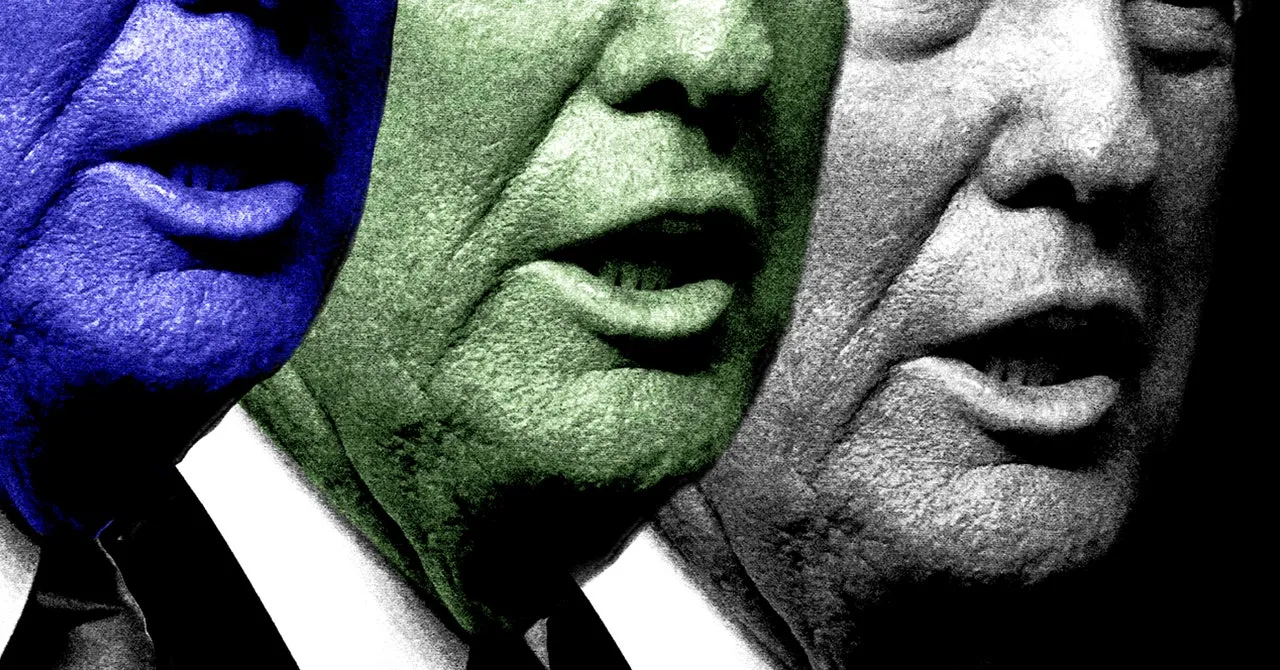Artificial Intelligence Innovations: Aligning Algorithms with Political Preferences

Exploring AI Alignment with Political Ideologies
A researcher affiliated with Elon Musk’s startup xAI has found a new way to both measure and manipulate entrenched preferences and values expressed by artificial intelligence models—including their political views. The work was led by Dan Hendrycks, director of the nonprofit Center for AI Safety and an adviser to xAI. He suggests that the technique could be used to make popular AI models better reflect the will of the electorate. “Maybe in the future, [a model] could be aligned to the specific user,” Hendrycks told WIRED.
Implications of Algorithmic Bias
However, he emphasizes that a good default would be using election results to steer the views of AI models. He is not claiming that a model should necessarily be “Trump all the way,” but asserts it should be biased toward Trump slightly, “because he won the popular vote.” xAI issued a new AI risk framework on February 10 stating that Hendrycks’ utility engineering approach could be utilized to assess Grok.
- Hendrycks led a team from the Center for AI Safety, UC Berkeley, and the University of Pennsylvania.
- They analyzed AI models using a technique borrowed from economics to measure consumers’ preferences for different goods.
- By testing models across a wide range of hypothetical scenarios, they were able to calculate a utility function, which measures satisfaction derived from goods or services.
This innovative method allowed them to measure preferences of different AI models effectively. The researchers found that these preferences are often consistent rather than random, revealing an ingrained bias as models evolve and grow.
Challenges in AI Perceptions
Some research studies have discovered biases in AI tools such as ChatGPT towards views expressed by pro-environmental, left-leaning, and libertarian ideologies. In February 2024, Google faced backlash from Musk and others after its Gemini tool was found to be predisposed to generate content that critics deemed “woke.” This incident underscores the ongoing debates surrounding AI bias and the quest for more balanced algorithmic representations.
This article was prepared using information from open sources in accordance with the principles of Ethical Policy. The editorial team is not responsible for absolute accuracy, as it relies on data from the sources referenced.